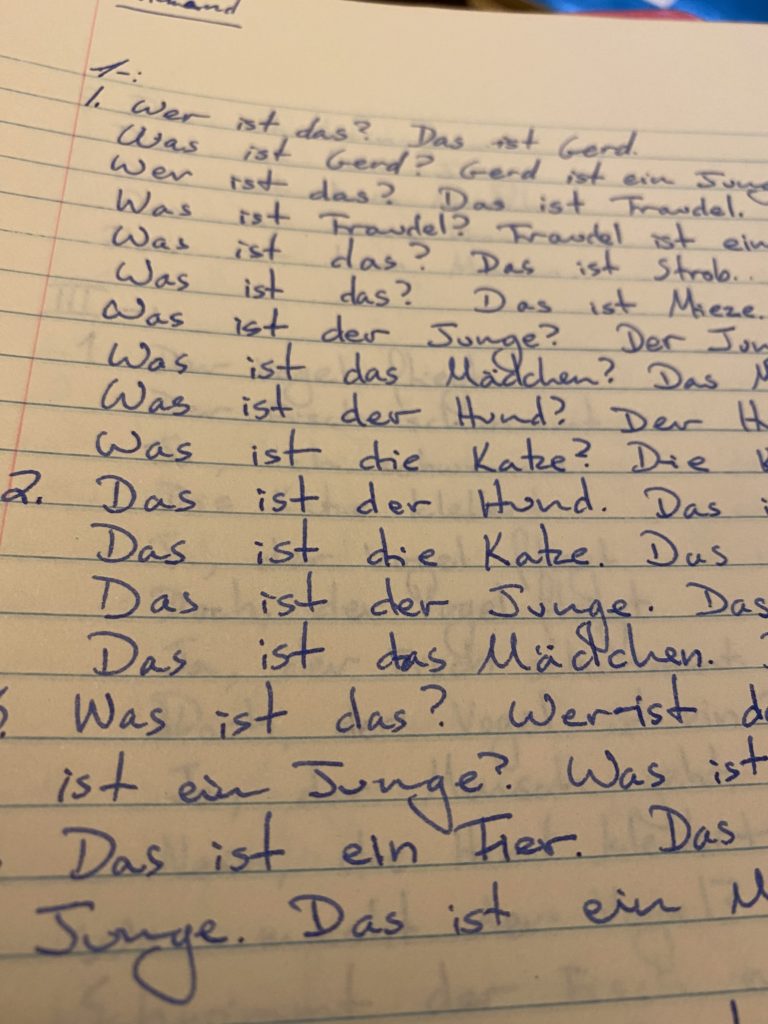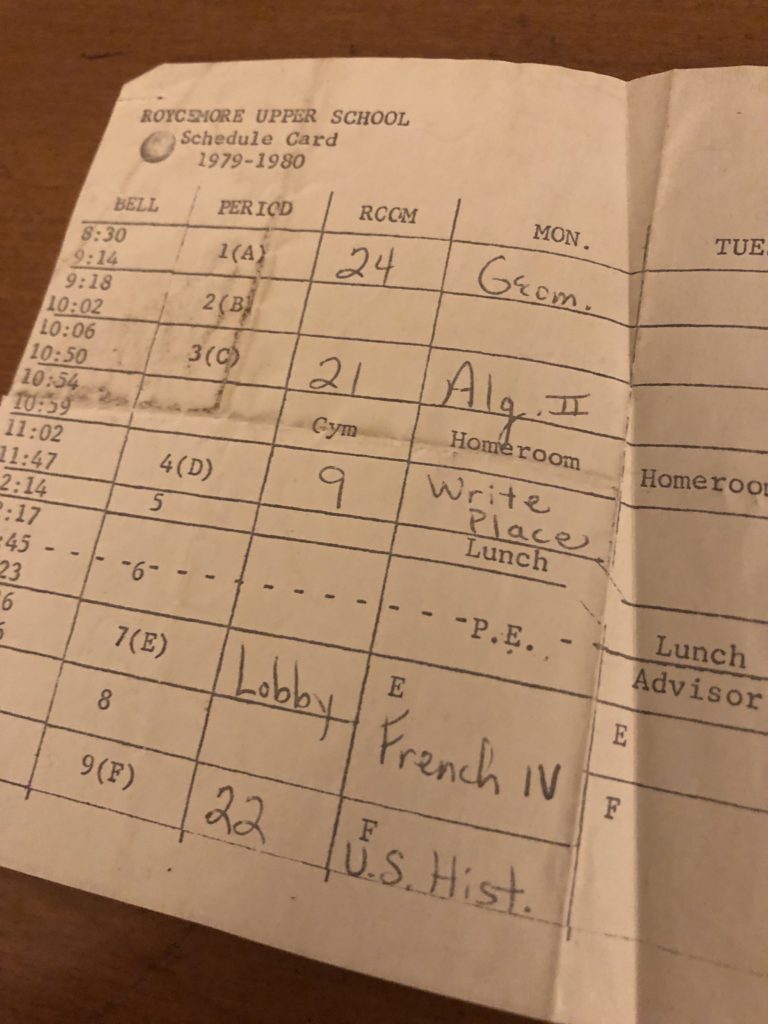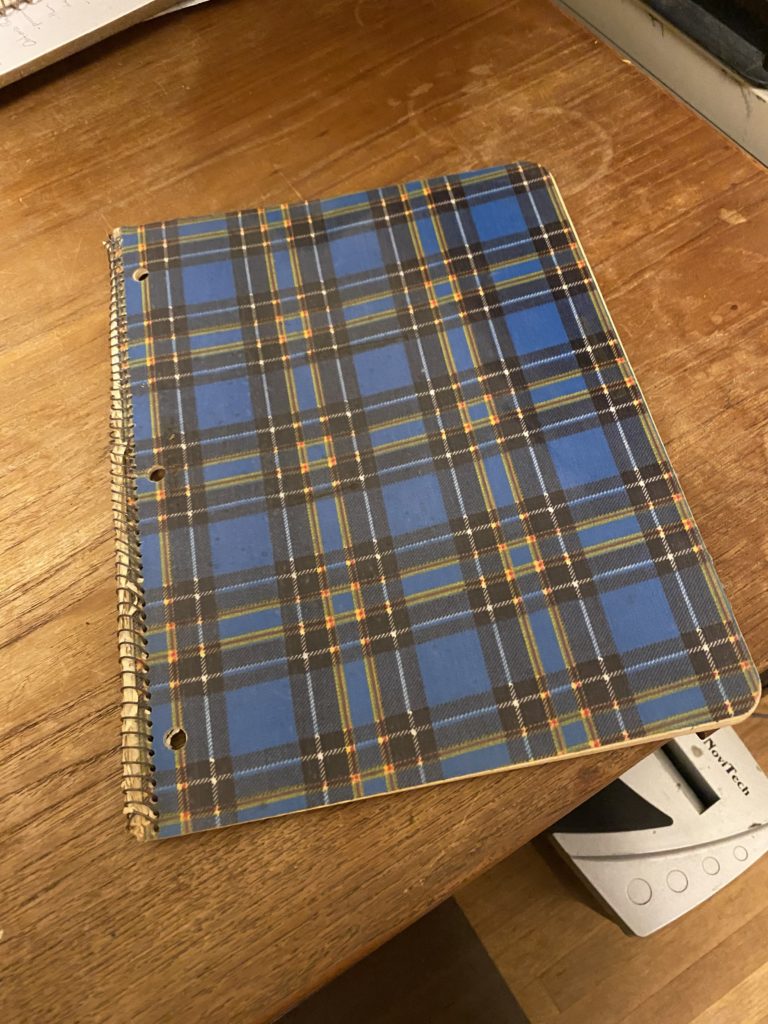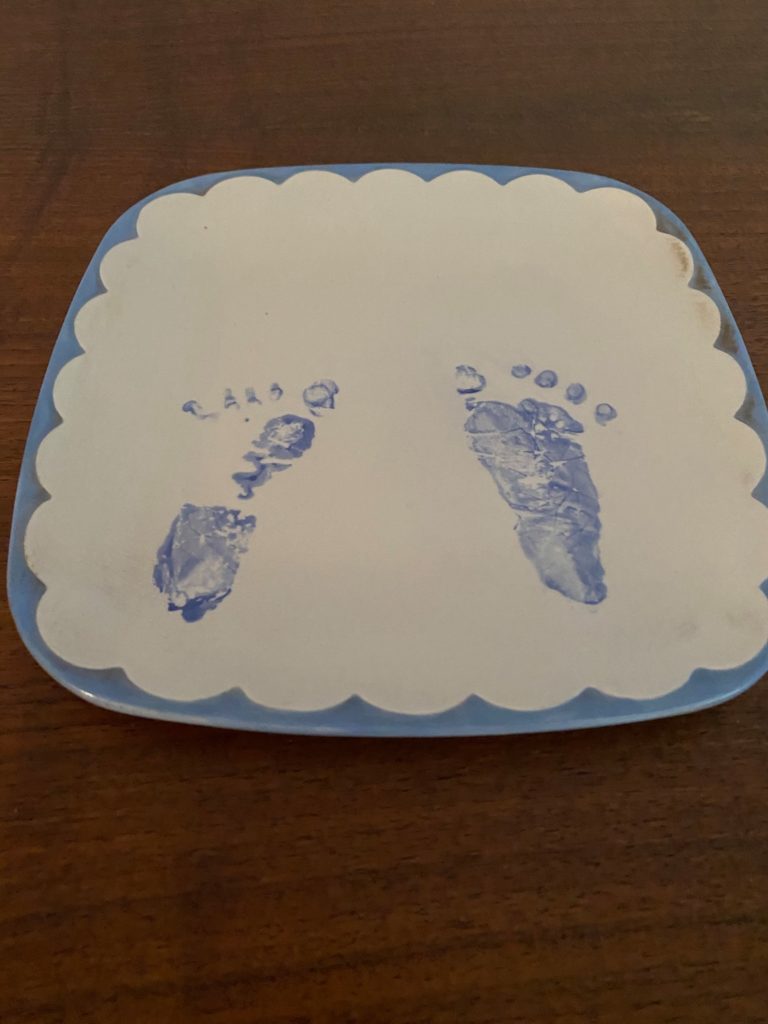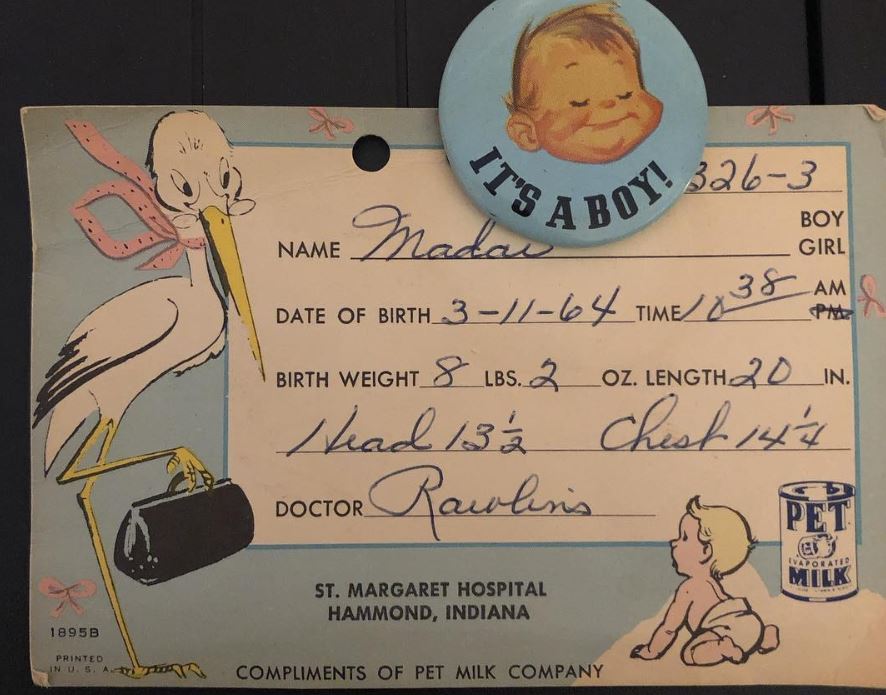When I got back [from a summer vacation trip], I took up THE PERSIAN BOY, a novel about Alexander the Great, in first person, through the eyes of Bagoas, supposedly his lover. It was extremely well written. I stayed up late (very late) Sunday night to finish it, and the end found me crying. It has been the only book that has ever done that to me.
Daniel Mendelsohn, noted classicist, author, and critic, is only a little older than myself, and I think he’s the only member of the PBA who has explained what the PBA is (I’m probably wrong about that, but I don’t get out much, you see). Ralph Gillies, of all people, gave me my copy of the Persian Boy when we were in 7th grade, though I’m pretty sure he hadn’t read it. He just thought I should have it because it was about the Alexander, but I could be wrong about that, too. Ralph was perceptive, and complicated. Also complicating my recollection is the fact that I didn’t actually read the book until the week before 9th grade. Mendelsohn first read Mary Renault six years earlier, and began a correspondence with her that more than entitles him to be the army’s leader for life. Like him, I went on to read most of her other work, and we were finally in sync when Renault published Funeral Games. Unlike Mendelsohn, I had no strong attraction to the classical world other than my namesake and a liking for history and historical fiction in general. Beginning with Andre Norton in 5th or 6th grade, I veered into fantasy and science fiction. But, both of us do share this: unrequited boyhood crushes, and our attempts to write fiction and keep a diary both petered out in our early twenties. I wonder how many other boys joined the Persian Boy’s Army, given how many letters Mary Renault received. Mendelsohn wrote, “I asked where all these letters were and what had become of them. Owen said that they had been destroyed after Mary’s death, in part to protect the men who had written them. I thought of my onionskin pages, blackening and curling in the flames.“ At what age did the book find them, and how did it affect them? What I realized, reviewing my diary, is that I had read it just before meeting the unfortunate object of my first intense infatuation.
